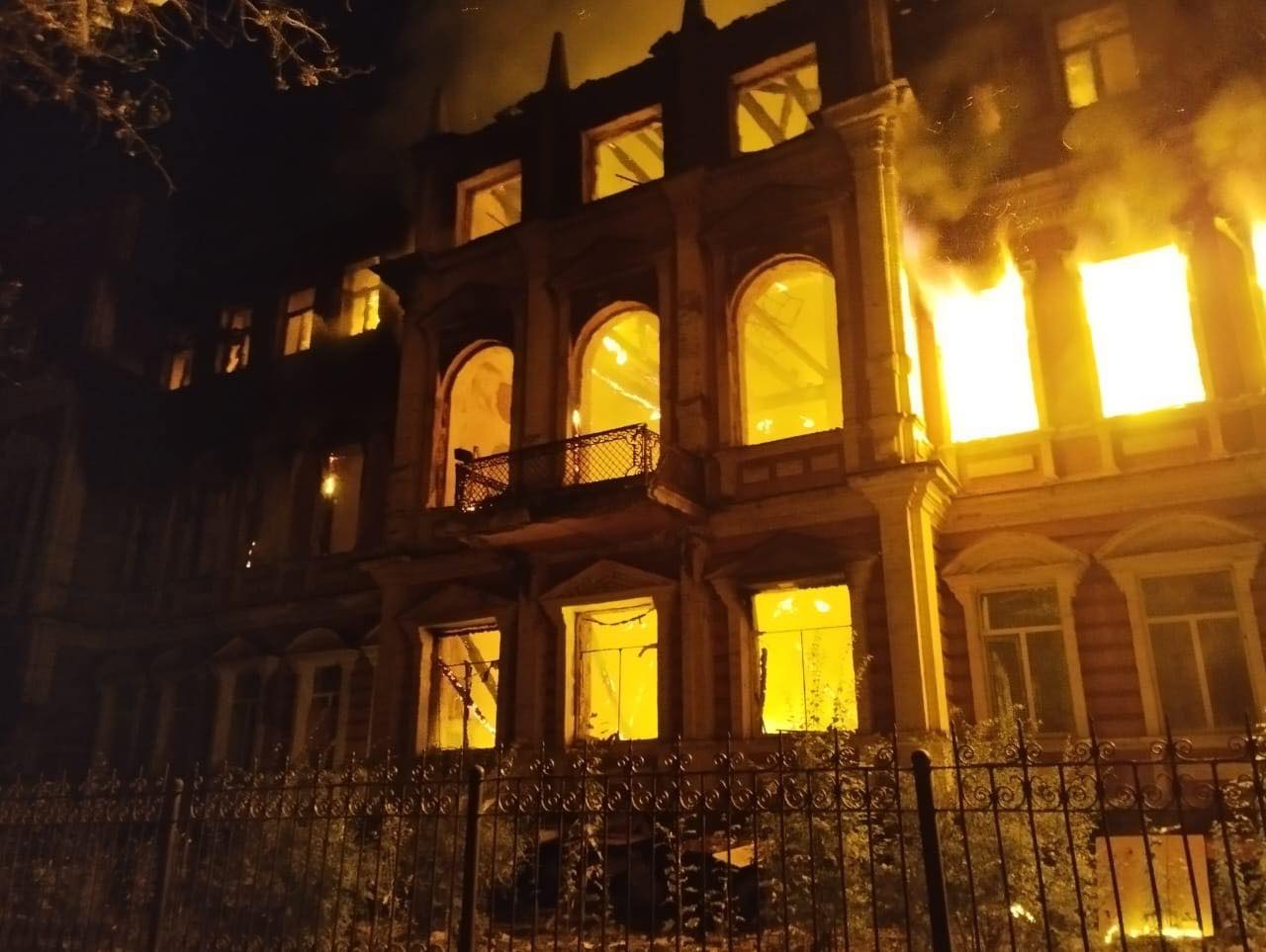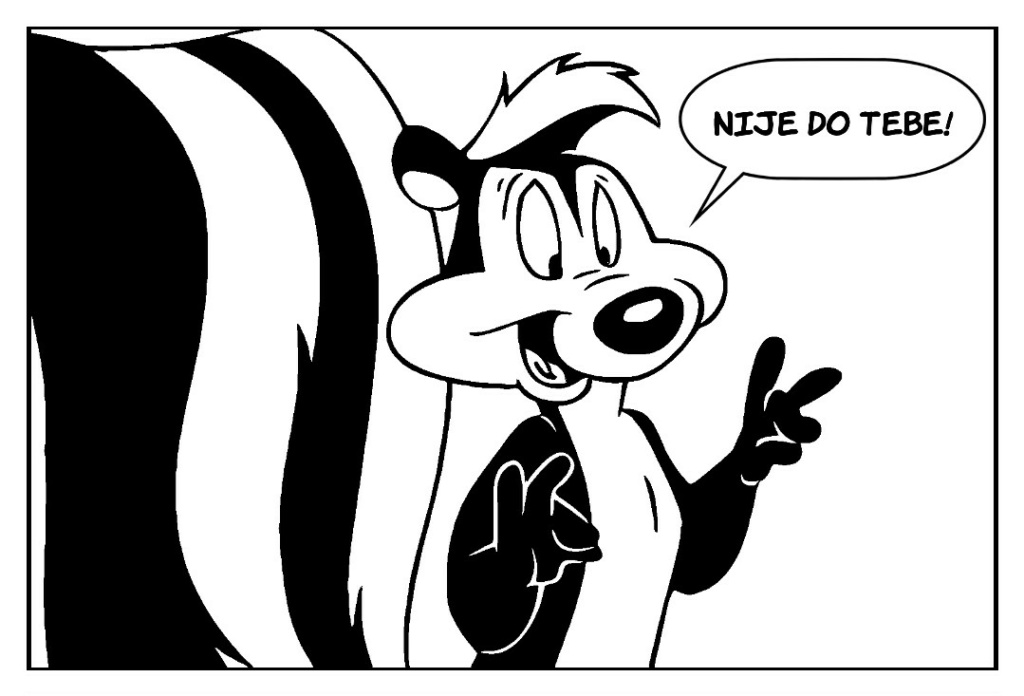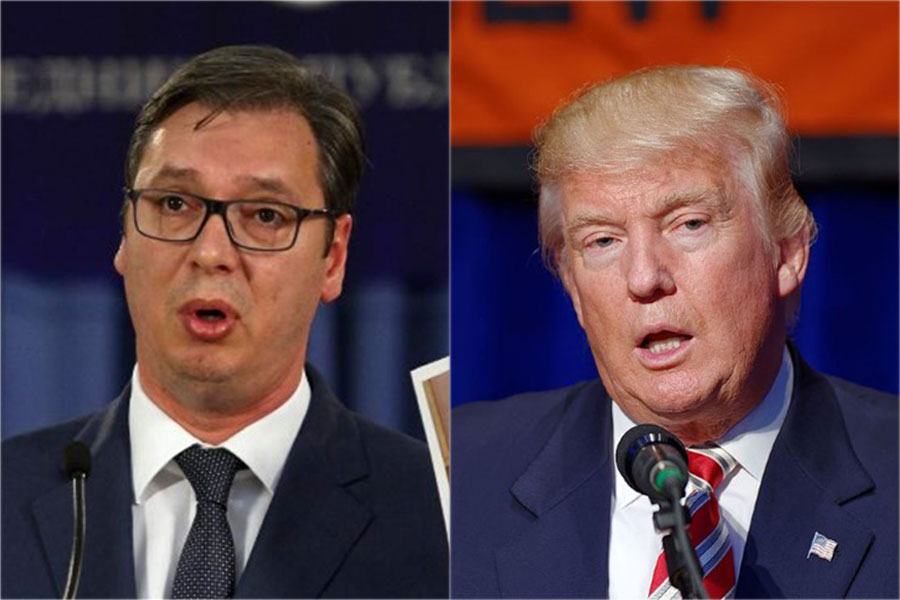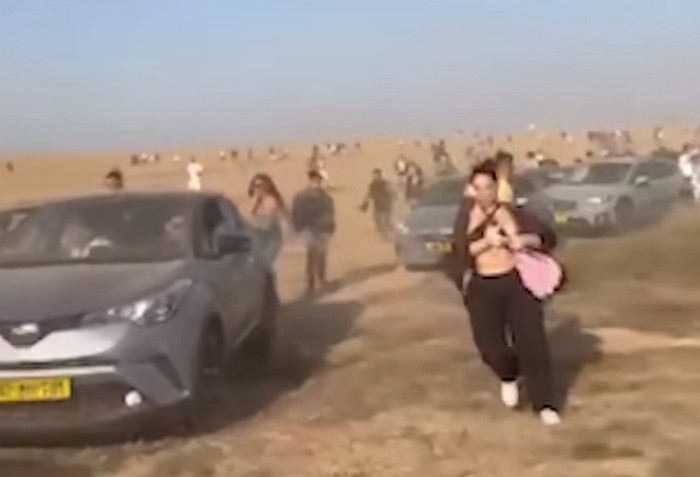
Bakhmut College of Transport Infrastructure after Russian shelling, (photo: State Emergency Service of Ukraine)
Interviews by Karol Łuczka, Eastern Europe Monitoring and Advocacy Officer
In the early morning hours of February 24, 2022, Ukraine woke to the new reality of full-scale war. For the vast majority of its people, missiles and tanks were not part of daily life, despite Russia’s previous seizure of Crimea and the ongoing war in the Donbass region. The full-scale invasion brought shockwaves across Ukraine, with many journalists joining the masses of people fleeing to the west of the country and further away from Russia.
“We were really shocked – personally I didn’t foresee that anything of this scale would start”, said Anna Yakutenko, head of videos at The Kyiv Independent, an IPI corporate member. Yakutenko was one of several Ukrainian journalists and IPI members who spoke to IPI in advance of the one-year anniversary of Russia’s full-scale invasion.
The invasion immediately forced a reallocation of resources. “At 5 a.m. my coworkers started sending me messages saying that the war had started”, recalled Anna Babinets, an IPI member and editor-in-chief at Slidstvo.Info, a Ukrainian investigative media outlet that prior to the war mainly focused on domestic investigations. After a quick meeting last February, she said, the media’s team decided to refocus their attention on war crimes committed by invading Russian forces.
Widespread attacks on the media
The war soon brought its first victims, both civilian and military. The first death of a journalist was only uncovered months later, after the withdrawal of Russian troops from the immediate surroundings of Kharkiv, in eastern Ukraine. There, freelance photographer Ihor Hudenko went missing on February 26, a day after posting a photo of a destroyed Russian military vehicle on his Facebook page. His body was found near an overpass in the city’s Saltivka district, buried, according to forensic experts, on April 9.
On March 1, five days after the start of the large-scale invasion, Russian forces bombed the TV tower of the Ukrainian capital Kyiv. The attack claimed the life of 49-year-old camera operator Yevhenii Sakun. Before the discovery of Ihor Hudenko’s death, Sakun was considered the first media worker killed while covering the war. His body was found next to that of four other people who perished in the Russian attack. Images of their white, charred corpses then instantly flooded Ukrainian social media.
Since the heavily symbolic attack on March 1, at least 10 media workers have been killed in the line of duty in Ukraine. Other Ukrainian journalists joined the country’s armed forces and died in combat.
IPI monitoring shows that while media in both Ukraine and Russia have faced various forms of attacks due to Putin’s war, journalists in Ukraine have borne the physical brunt of the war.
In Ukraine, IPI has documented more than 300 press freedom threats or violations since the war’s start, most of which are physical, verbal, or online attacks perpetrated by Russian forces. This includes over 100 cases of physical attacks and threats to journalists’ safety, with dozens of journalists covering the war coming under threat from Russian fire or shelling. More than 30 journalists were wounded in such attacks. In several cases, journalists in Russian-occupied Ukraine have been detained or abducted.
Media and journalists in regions recently occupied by Russian forces faced a devastating ordeal especially in the first months of the full-scale invasion. In at least nine cases, journalists were arbitrarily detained or kidnapped, outside the scope of either Ukrainian or Russian legislation.
Resilience – and a new reality
Despite these threats, Ukrainian journalists have continued to cover the war with incredible resilience – and even as the initial shock has given way to an understanding of a new reality.
“Perhaps counter-intuitively the hardest times of the war were not those first days and weeks”, said Olga Rudenko, an IPI members and editor-in-chief at The Kyiv Independent. “Actually now, it’s harder in a way for many of us. As tragic and traumatizing as those first days were, they were almost energizing in a way, because everything was so new, so abnormal. We were getting so much attention from the world, and this helped us get through this. Now we know that it’s not a sprint, it’s a marathon.”
As fall turned to winter, new problems arose as Russia began viciously targeting Ukrainian infrastructure as a response to the Ukrainian army’s battlefield victories.
“Our next problem was the [power] outages … We are an online media, we produce news 24/7, so for us it was just very important to follow and continue doing our work”, said Sevhil Musayeva, an IPI member and editor-in-chief at Ukrainska Pravda, one of Ukraine’s most popular online media outlets. “We had problems searching for generators and [accessing] the internet. But in the end, we did great, even in such conditions.”
There’s also a challenge of closeness, both material and psychological. “It is more challenging for us to cover the war than for foreign correspondents, because even if being a journalist is still part of our identity, we are also citizens [of Ukraine]”, Musayeva added.
“Two of my male journalists were mobilized, so now we are a really small team of only four women”, added Babinets.
And it’s unclear when journalists specialized in disciplines other than war reporting will be able to return to their original beats. “I miss our general work, [which is] investigating the Ukrainian government and officials”, said Babinets. “For more than ten years, we were working to bring this news to our readers”, she noted, sharing the dilemma of many in the vibrant community of independent Ukrainian journalism.
A marathon that requires reinvention
For Ukrainian journalists, the fatigue is real – but so is the determination to keep telling the stories that matter, especially at this moment, one year after the full-scale Russian invasion.
“This is an existential war for our country, and for our profession”, Musayeva said. Journalists are tired, she added. “But we will continue to do our work, to cover this war until the end.”



 Silovanje ili cenzura: Na šta to smrdi Pepe le Tvor?
Silovanje ili cenzura: Na šta to smrdi Pepe le Tvor? Vučić i Tramp: Netrpeljivost prema medijima i podrugljivo odbacivanje drugačijeg mišljenja
Vučić i Tramp: Netrpeljivost prema medijima i podrugljivo odbacivanje drugačijeg mišljenja Saragusti: Niko sada nije bezbedan. Zločini su jezivi. Novinari su ubijeni dok obavljaju svoj posao
Saragusti: Niko sada nije bezbedan. Zločini su jezivi. Novinari su ubijeni dok obavljaju svoj posao
Ostavljanje komentara je privremeno obustavljeno iz tehničkih razloga. Hvala na razumevanju.